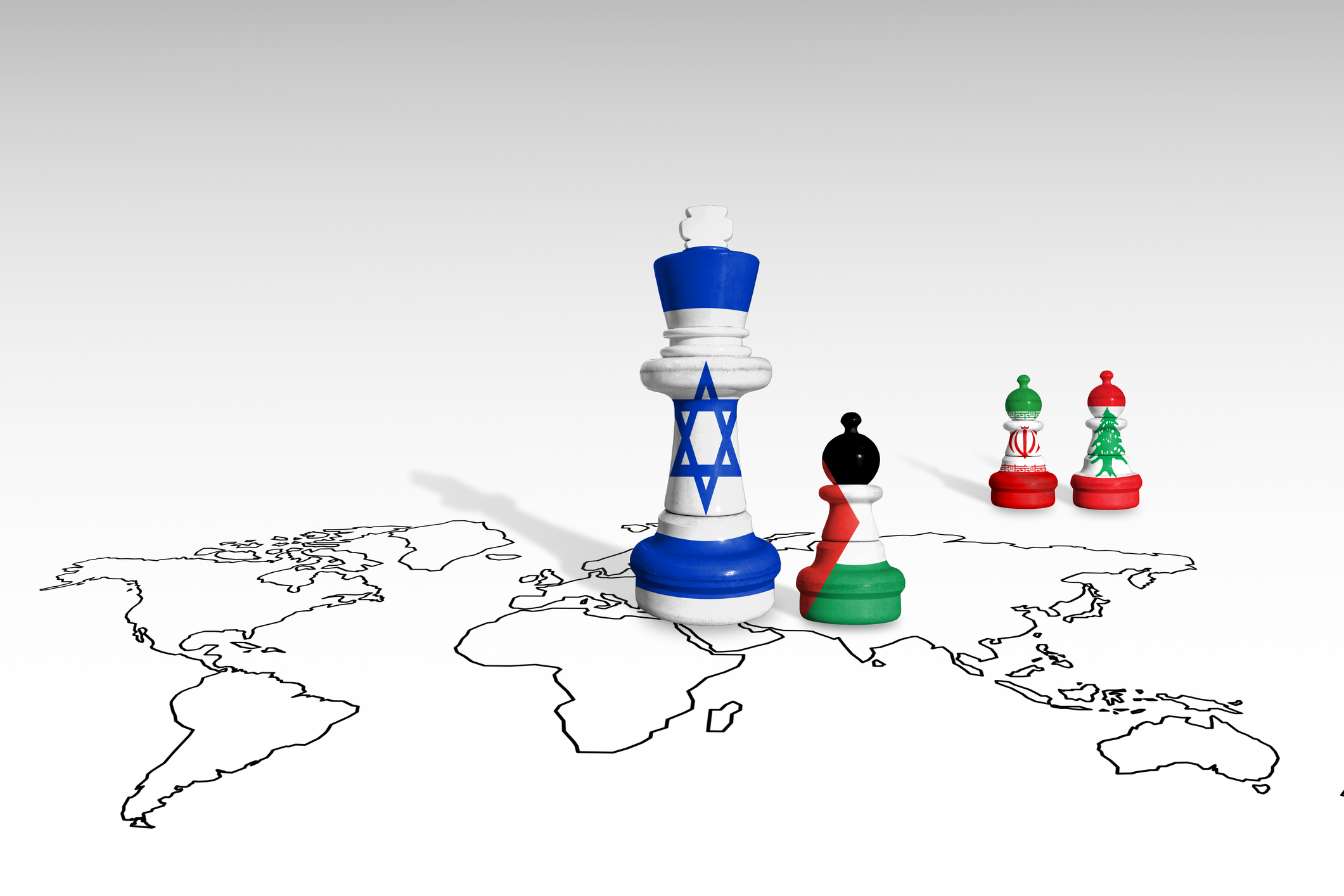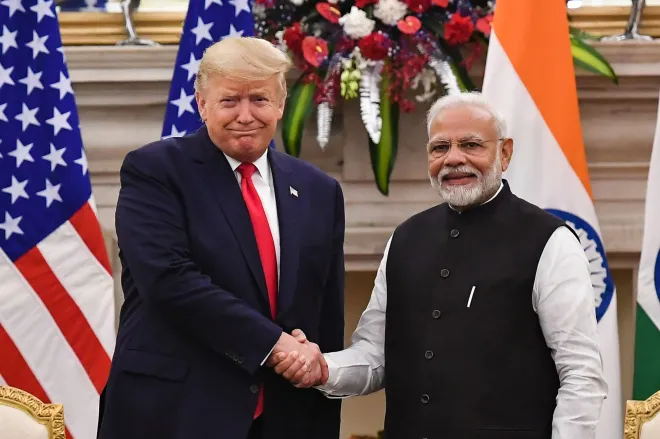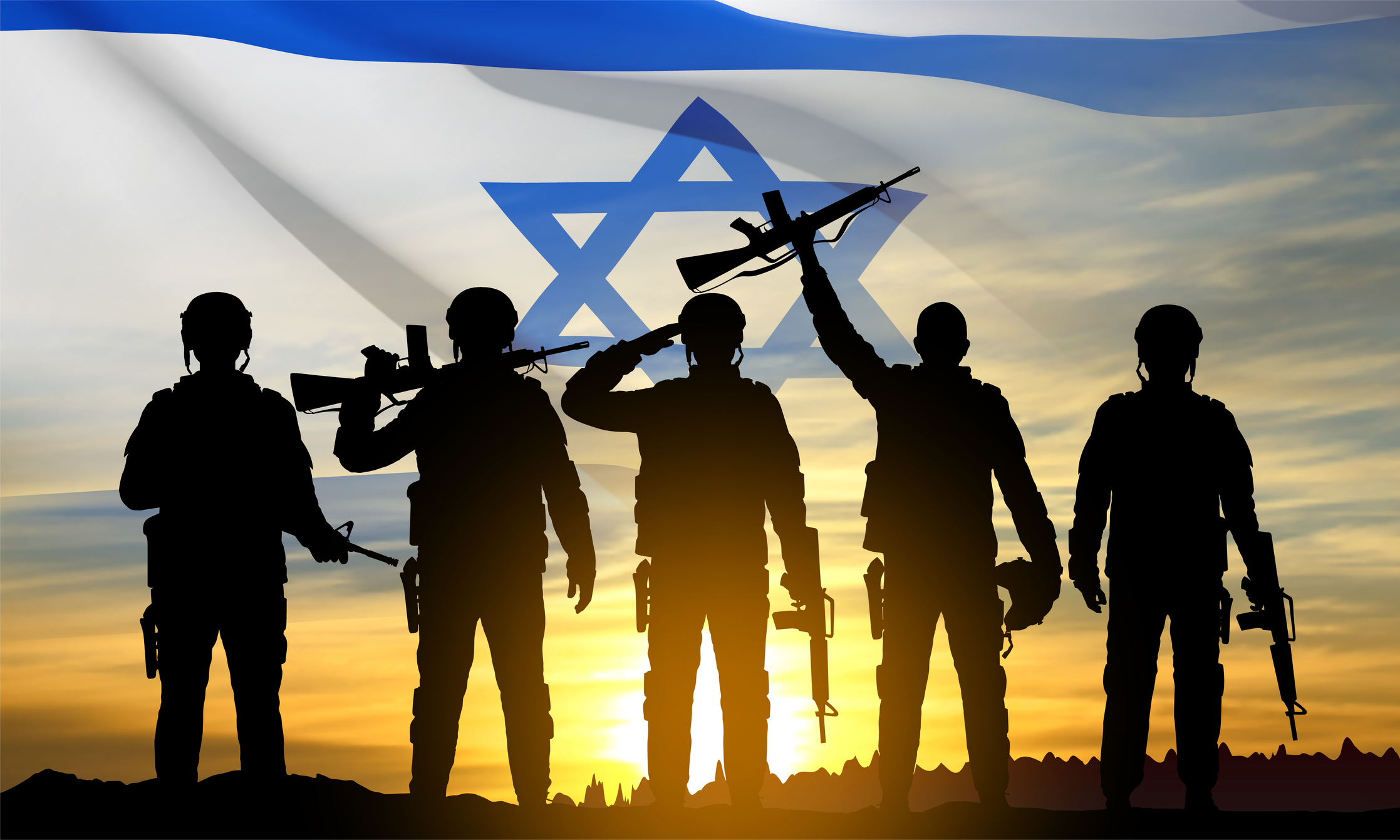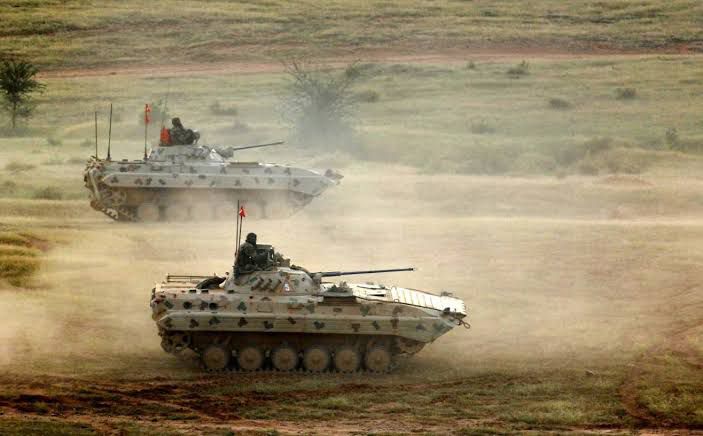
YAHYA SINWAR’S DEATH AND THE FUTURE OF THE WAR IN THE MIDDLE EAST
 Sun, 20 Oct 2024
| Reading Time: 5 minutes
Sun, 20 Oct 2024
| Reading Time: 5 minutes

The war initiated by the October 7, 2023, attack by Hamas on Israel could theoretically end tomorrow once the means to fight run out and so also the will. Unlike the past when short wars characterised standoffs in the Middle East, this one is, however, going beyond the expected. Hamas built itself an arsenal and an offensive plus a defensive system in Gaza relatively unnoticed by Israel despite its reputed ‘eye in the sky’ surveillance. The tunnel system which ran the length of 150 kilometers proved a monstrosity as far as Israeli inefficiency and lack of focus was concerned. The amount of cement and concrete which must have gone into its construction would have amounted to a couple of million tons.
In response to October 7 Israel chose to follow the concept of ‘scorched earth’ in a modern way. Leaving nothing standing and bringing survivability to the lowest point to extinguish all resistance; that appeared to be the concept of operations of the Israeli Defence Forces (IDF). It left Yahya Sinwar, the man reputed to have built the tunnel system, stranded in Gaza to fight a last-ditch battle unto death; he was shot in a firefight unlike many of the seven Hezbollah and six top Hamas leaders eliminated by both targeted and indiscriminate bombing by missiles, rockets or aircraft. Sinwar was also known to be the man behind the October 7, 2023, attack in Southern Israel that saw 1200 dead and over 250 taken hostage: the trigger for the war. On the death of Ismail Haniyeh the political head of Hamas, assassinated by Israel through an unconfirmed method on July 31, 2024, at Tehran, it was Yahya Sinwar who became all in all of Hamas. By reputation Sinwar was also the man most in opposition to a ceasefire and release of hostages; there are approximately 100 hostages left alive, with two children.
So, the questions now arising are: first, does the wiping out of the top Hamas leadership leave the organisation in disarray, leaderless and ineffective; second, is this the best time for the international community to press for a ceasefire; third, does it mean a victory for Israel and end of the Gaza war; fourth, will Hezbollah continue the war in Southern Lebanon. Fifth and last, what will be the stance of Iran in the context of current developments.
The Hamas and Hezbollah top leadership have been neutralised. No doubt, on the face of it this creates new opportunities to change the course of the Palestinian Israeli standoff. Among the next leaders of Hamas still alive is Khalil al-Hayya. As Sinwar’s deputy, al-Hayya is a strong candidate to take over the leadership. He’s known for his relatively moderate stance and has expressed willingness to agree to a truce with Israel. Khaled Mashaal, a long-time popular Hamas personality, and Ismail Haniyeh’s predecessor as the political head, is seen as a relatively moderate figure although he too is charged with the responsibility of the October 7, 2023, attack. He could bring a more diplomatic approach to the organisation.
There is also Moussa Abu Marzouk who lives in Cairo and has been active in diplomatic efforts. A collective leadership could also emerge but all the known personalities will be under Israeli threat making their effectiveness suspect. There are reports of mass recruitment within Gaza. Given the scale of casualties of civilians and the number of orphans, there will be no dearth of young men willing to be a part of militant Hamas. The war has not seen Hamas employ suicide bombers as a major threat; perhaps the Israeli scrutiny and security has been very active after Oct 7 2023. The next phase could well see an adoption of suicide bombers into the Hamas doctrine; these are again extremely difficult to detect and neutralize. The collective or individual leadership will be under pressure from different quarters and will need careful approach by negotiators, otherwise they would be under threat from within Hamas.
The international community and the points of contact in Qatar and in Turkey should continue ceasefire efforts. The situation in both Gaza and Israel would make compelling arguments for the two sides to see reason. For the Palestinians the humanitarian situation is the worst ever. The conflict has exacerbated food insecurity, with 96% of the population facing acute food shortage, and nearly half a million people in catastrophic conditions. The threat of famine persists, and the violence has shut down lifesaving prevention and treatment services for malnutrition. The UN has warned of famine-like conditions. Nearly 1.9 million people, half of them children, are internally displaced and struggling to access basic necessities like water, food, fuel, and medicine. The displacement has resulted in overcrowding, with families forced to live on roads, in streets, or under construction buildings.
Israel has paid scant attention to this and it’s not even a consideration for it. The release of the hostages remains the prime focus and the emaciation of Hamas capability to fight or offer any further resistance. The IDF has carried out several high-risk and complex hostage rescue operations in the Gaza Strip and this will continue.
The neutralisation of the Hamas leadership may thus be considered one rung achieved with the next rung getting higher. Israel’s own condition is none too good. One year of the war has taken its toll. There was a 20% contraction in Israel’s economy in the final quarter of 2023 (something like 24% contraction of Indian economy in the first year of Covid pandemic), with a decline in business operations due to the mobilisation of workers for military service and the restriction of entry for Palestinian employees into Israel; labour force was reduced by 85,000.
The downturn can be attributed in part to a decrease in private consumption, which experienced a significant decline of 26.9%, while business investment reduced 67.8%. The war is costing the Israeli economy approximately $600 million a week due to work absences, according to the Bank of Israel. Can the war be sustained with such an economic performance? As far as its war effort is concerned Israel has the economic stamina due to support from the US. A couple of billion US$ worth of hardware and ammunition has been supplied to Israel enabling it to continue with the war. If there is any issue of capability regarding the Israeli forces, it is in relation to the mobilization of almost 350,000 soldiers which in a nation of 9 million is not an easy proposition. The war can, however, continue till the achievement of Prime Minister Netanyahu’s declared intent of getting the hostages back and getting himself a political rehabilitation. Victory for Israel or a defeat for the Palestinians can only be considered as a phenomenon of this round of hostilities because the hybrid war will continue with no end in sight and no victors and no vanquished.
There can be no unilateral consideration of the war being ended only in relation to Gaza. With the Lebanon front active, there is every possibility of further escalation. In Southern Lebanon, Hezbollah’s presence remains strong, despite the deaths of its top leaders. The group’s military wing, the Jihad Council, has continued to operate, and its fighters are still active. The reported strength is 100,000 although Israel has largely overcome many of the weaknesses of the war of 2006 which saw Hezbollah match the IDF. Its ability to adapt and persist is also fueled by its strong alliances with Iran and Syria who keep open the supply lines to the force. Israel is likely to adopt a similar ‘scorched earth’ approach with Lebanon to neutralise Hezbollah with the international community once again being helpless in preventing it.
Iran has severe limitations in its military capabilities, especially in relation to the quality of its arsenal of weapons and ammunition. It can at best make episodic efforts to project relevance and motivate the Hezbollah cadres. Its crossing the rubicon could invite massive retaliation by the combined effort of the US and Israel, especially against its nuclear facilities and energy hubs; something it will wish to prevent.
Russian and Chinese efforts and expression of concern has remained minimal, and the role played by them as members of the P5 has been abysmally low key making it easier for the US-Israel combine to rule the roost.
The US Presidential elections and the outcome, just a fortnight away, will help decide the prospects of peace. It’s only after the Inauguration in late Jan 2025 that more clarity will probably emerge. The window for Israel has got elongated, to unilaterally carry on the war on both fronts unless there is a dramatic and unpredictable development that will either stop or exacerbate the untold suffering.
Disclaimer
The opinions expressed in this article are the author’s own and do not reflect the views of Chanakya Forum. All information provided in this article including timeliness, completeness, accuracy, suitability or validity of information referenced therein, is the sole responsibility of the author. www.chanakyaforum.com does not assume any responsibility for the same.
Chanakya Forum is now on . Click here to join our channel (@ChanakyaForum) and stay updated with the latest headlines and articles.
Important
We work round the clock to bring you the finest articles and updates from around the world. There is a team that works tirelessly to ensure that you have a seamless reading experience. But all this costs money. Please support us so that we keep doing what we do best. Happy Reading
Support Us





















POST COMMENTS (0)